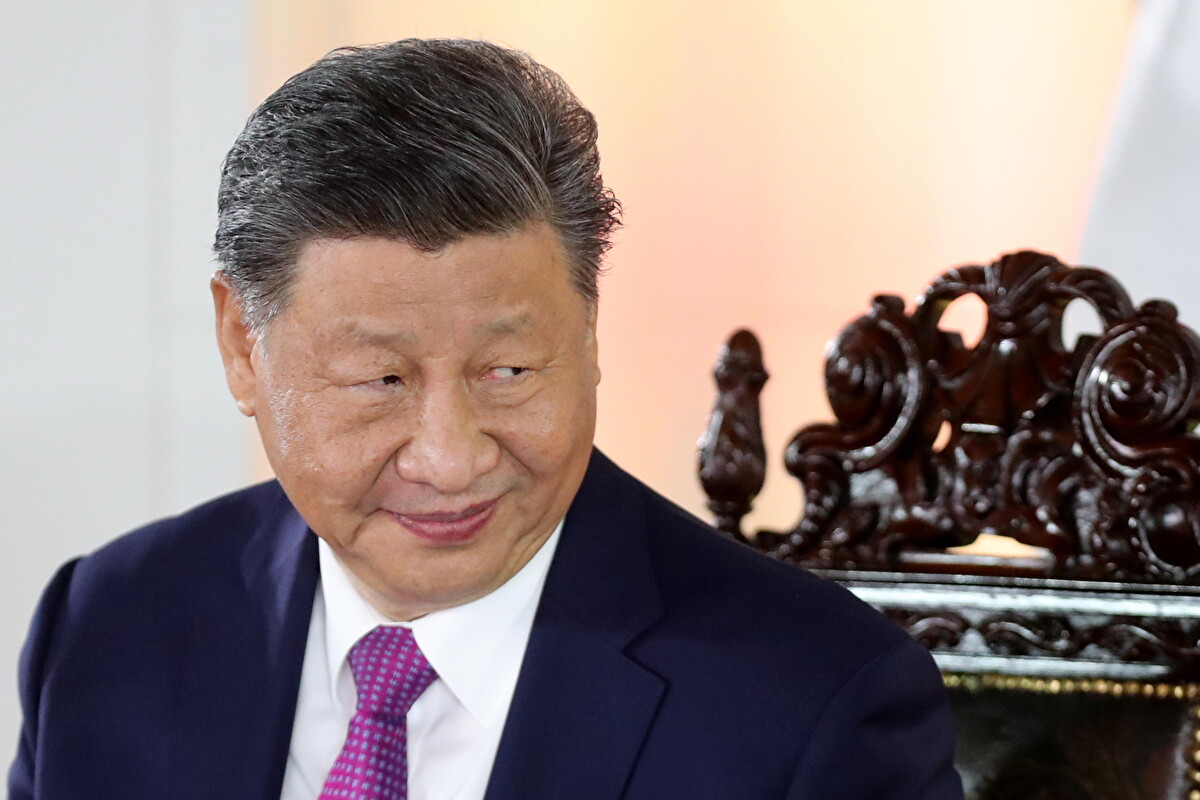This week marked the implementation of a settlement aimed at overhauling how the NYPD responds to protests, despite attempts from the city and its main police union to stall the agreement.
Initially, the city sought to delay the settlement, but a judge rejected this request on Thursday. Stemming from the NYPD’s handling of Black Lives Matter protests in 2020, the settlement represents ongoing efforts to reform the nation’s largest police force and enhance its oversight.
As per the settlement terms, the NYPD must revise its procedures and training regarding the use of force during protests and its treatment of journalists. Notably, it prohibits the controversial practice of “kettling,” where officers encircle and detain protesters en masse. Additionally, it places restrictions on the NYPD’s Strategic Response Group, a heavily armored unit established in 2015 for counterterrorism and protest response.
The 2020 protests witnessed instances of police striking protesters with batons and using pepper spray, actions criticized by both a city investigation and a Human Rights Watch report for exacerbating tensions and violating international human rights standards.
To ensure adherence to these reforms, an oversight committee comprising various stakeholders, including the state attorney general’s office and civil liberties organizations, will monitor the NYPD’s progress.
Despite the settlement initially gaining approval from a federal judge in September, the Police Benevolent Association, the city’s largest police union, contested it, leading to a temporary revocation of approval. However, the settlement was reapproved last month.
In the latest development, the city’s request for a stay on the settlement was denied by the judge following advocacy efforts from organizations like the NYCLU. The police union still has until March 8 to appeal the decision.
Meanwhile, critics argue that the focus should shift away from aggressive policing practices, especially considering the substantial costs incurred by the city due to police misconduct lawsuits.












